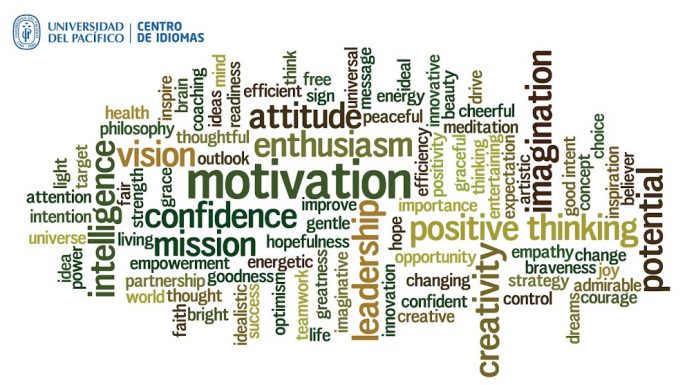Almost fifty years ago, Wilga Rivers said that the old saying “If you can say it, you can write it” was simplistic in its concept of the communicative aspect of writing. However, even today we tend to consider writing as a final product, too often for evaluation purposes. Therefore, from our teaching perspective, we are concerned about our students’ written...
Frequently, in TEFL “grammar” equals “ syntax”. Thus, for many English teachers grammar is the teaching of how to build structures in order to develop in students, in a later stage, the ability to transform them when communicating. But the linguistic concept of grammar "as the total knowledge of a language" offers a much broader understanding of this term....
For many parents of school children the students’ notebooks reflect the work they have done in class in a particular subject. Even some teachers equate a robust notepad with hearty work by instructors and students during the school year and that means, according to them, a successful and productive labor for all involved. But we deem that as an...
We will probably remember our early English lessons. Especially at the beginning, one part of the lesson was when the teacher would pick up flashcards or write words on the board, drill them and then provide/elicit a translation for them. This would go on for a few words, and the lesson’s lexical content had been covered. Eventually, we would...
Approaches
Do we teach vocabulary or do we enable our students to acquire new words independently?
María de la Lama - 2 During English courses, students want to incorporate new words into their "English" in order to speak fluently. In fact, the construction of vocabulary is a skill that students must develop in order to enrich their repertoire of vocabulary for themselves.
Here are some tips you can provide your students:
Avoid having your students memorize vocabulary lists. Instead, it is more productive...
One of the advantages of living the Fourth Industrial Revolution (1) is that our access to knowledge is unlimited. Any person with access to the internet can obtain information about anything in less than a minute. This chance takes us to the inescapable question: How much of what we read, we really understand? Are we, teachers, helping our students...
Centro de Idiomas de la Universidad del Pacifico is pleased to present our Research Group, which was created with the objective of being a place for reflection and debate on the pedagogical task in the field of language teaching. Within our initial activities, today we share with you the creation of the blog that we have nominated Language Teaching Bloggers.












